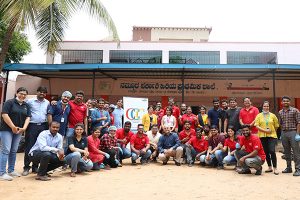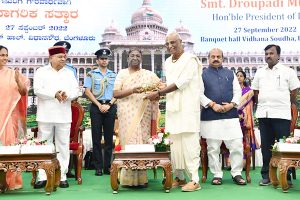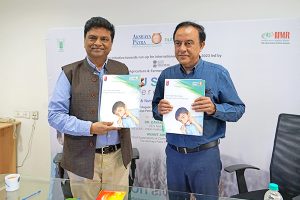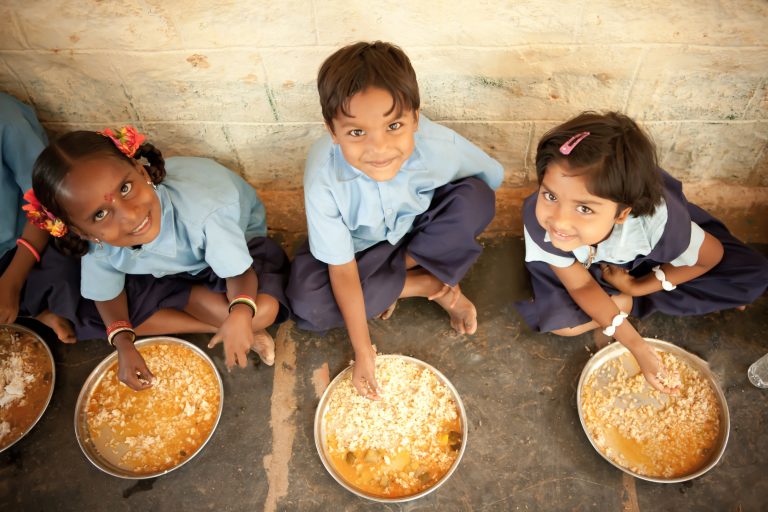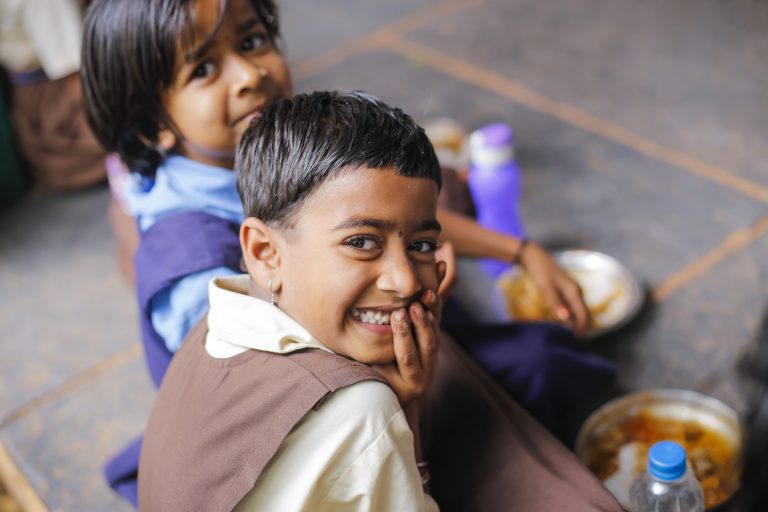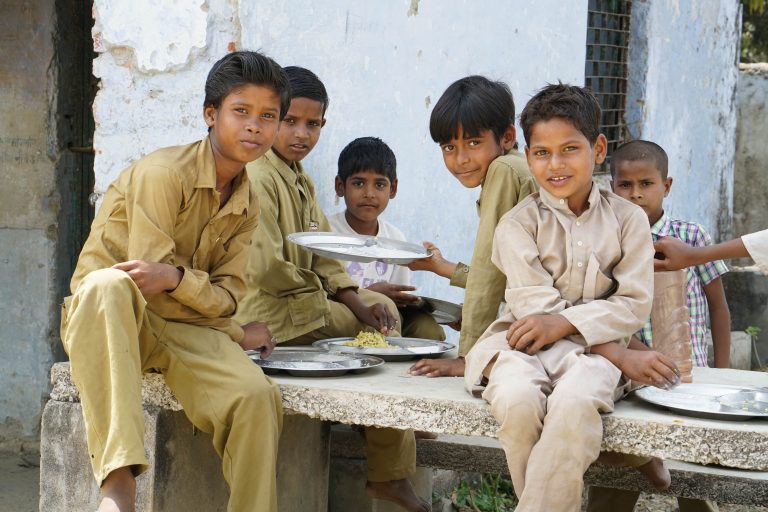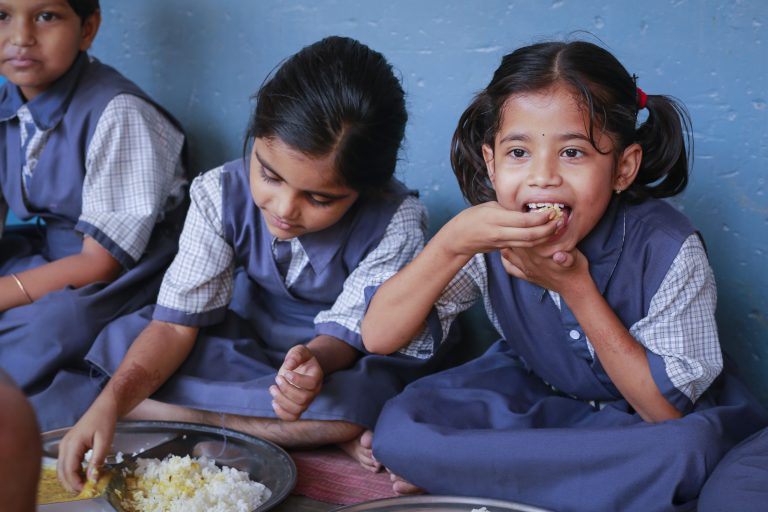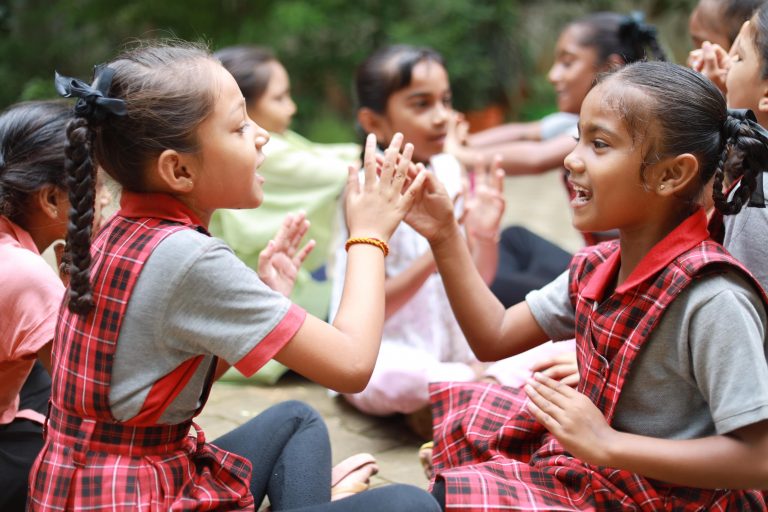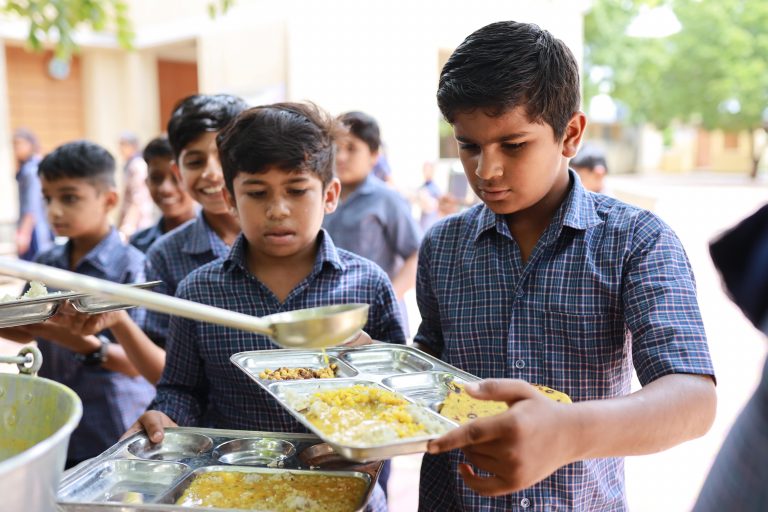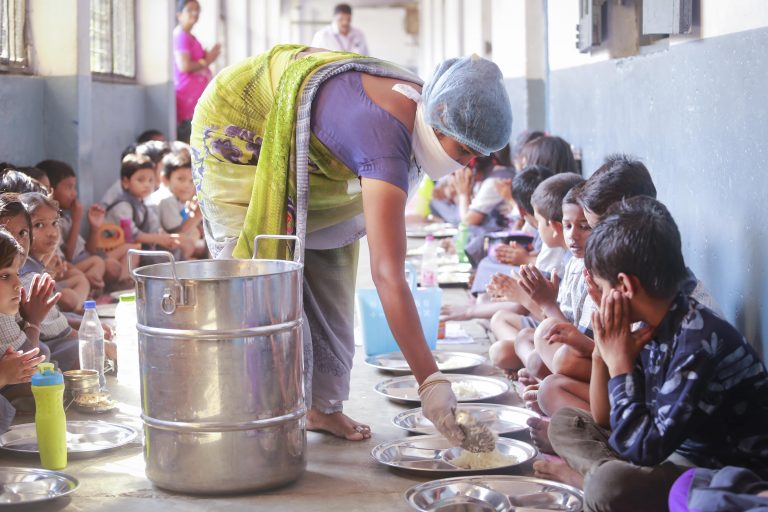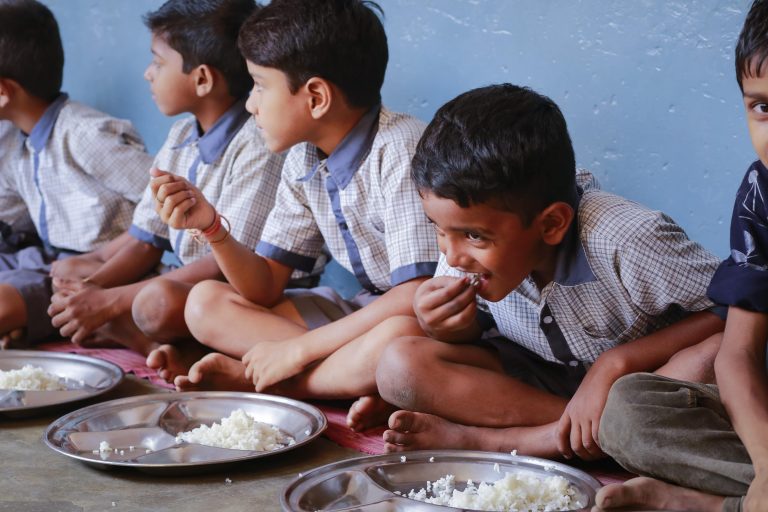Why The Akshaya Patra Foundation is a Harvard Case Study
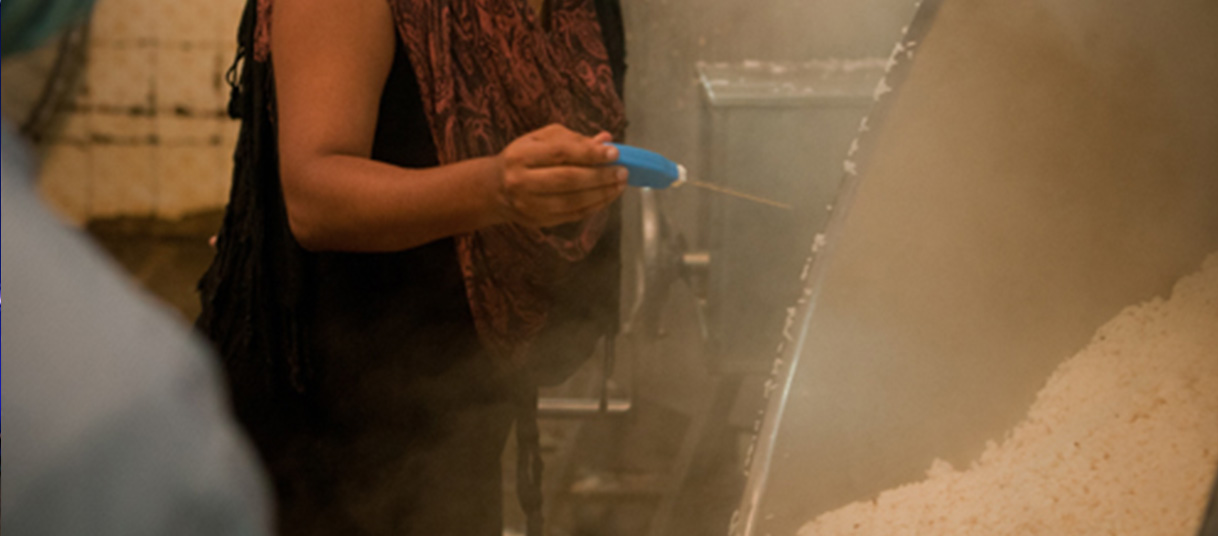
Tucked away on busy West of Chord Road, the Akshaya Patra kitchen on the ISKCON temple campus is a place where hygiene is non-negotiable.
Anyone entering the automated kitchen has to wear gloves and caps, which are not reused. Meals are churned out like clockwork in this kitchen which was set up 13 years ago ever since the mid-day meal scheme began in the year 2000.
MODEL KITCHEN: A quality check in progress at the mechanised Akshaya Patra kitchen in Mangalore, where cleanliness and quality are paramount.
The Akshaya Patra Foundation feeds 1.3 million children in 19 locations across nine states in India every day and served up its billionth meal last year. In Karnataka the kitchens are located in Bangalore, Mysore, Mangalore, Hubli and Bellary.
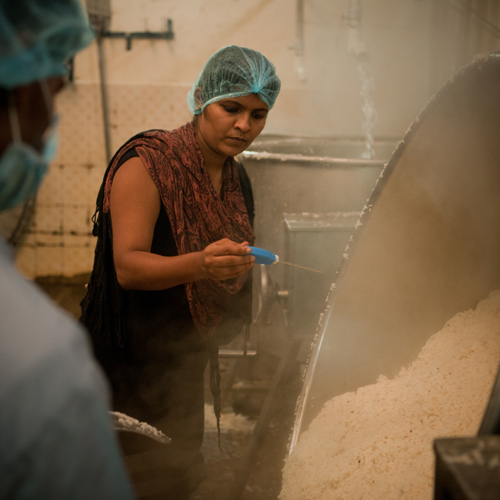
Akshaya Patra kitchens are technology-driven which ensures the entire cooking process is untouched by human hands. These centralised, automated kitchens can cook close to 6,000 kg of rice, 4.5 to 5 tonnes of vegetables and 6,000 litres of sambar, in less than six hours.
Akshaya Patra uses customised industrial steam generators and specifically designed vegetable cutting machines. The vans that transport cooked food to schools are heat insulated and dust-free special purpose vehicles.
Such are the measures taken to ensure cleanliness in this three-tier kitchen, that rice is tilted out of the silo through a computer-controlled flow valve. Once the cooking is done and food dispatched to schools for the day, the vessels are steam-washed and ready for the next day. Little wonder that the scheme was a Harvard Business School case study.
Source: The Times of India
